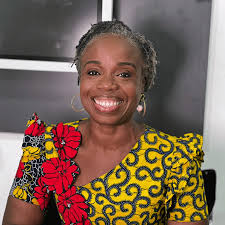Africafé: Financial Constraints in the Pursuit of Economic Development in Africa
Africa's economic growth is significantly hampered by financial constraints, which pose significant challenges. These constraints severely limit investments in critical areas such as infrastructure, education, and healthcare. Addressing these issues is crucial for achieving sustainable development and enhancing living standards across the continent.
In this episode, we host Miss Mavis Owusu-Gyamfi, the President & CEO of African Centre for Economic Transformation (ACET) to explore innovative transformation models adaptable within Africa to foster economic growth. We identify primary sources of financial constraints, including limited access to financing and high borrowing costs, hindering economic development in African countries. We also analyze the pivotal role of domestic financial institutions and markets in either alleviating or exacerbating these constraints, and discuss strategies to enhance access to finance, support entrepreneurship, and promote sustainable development.











